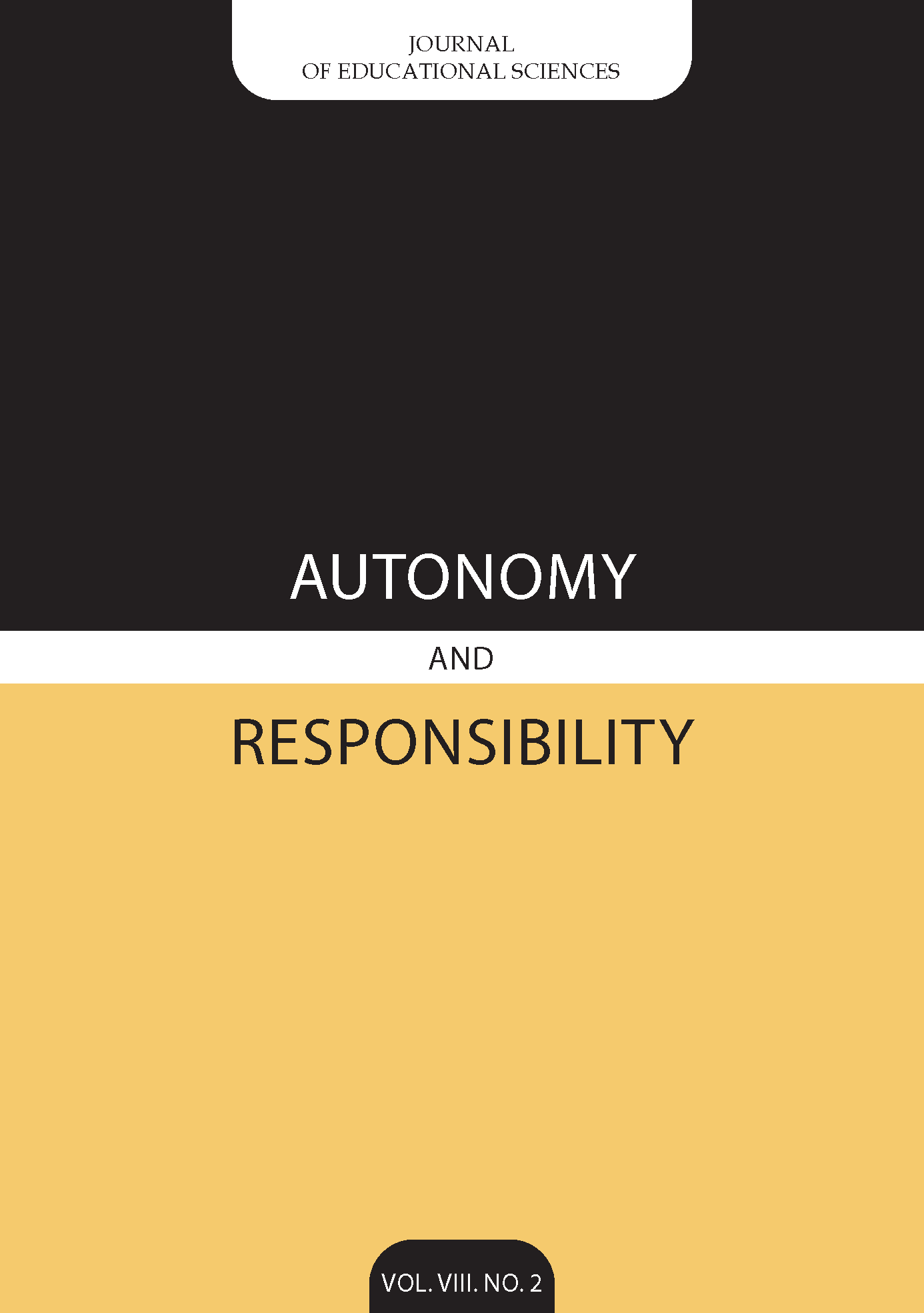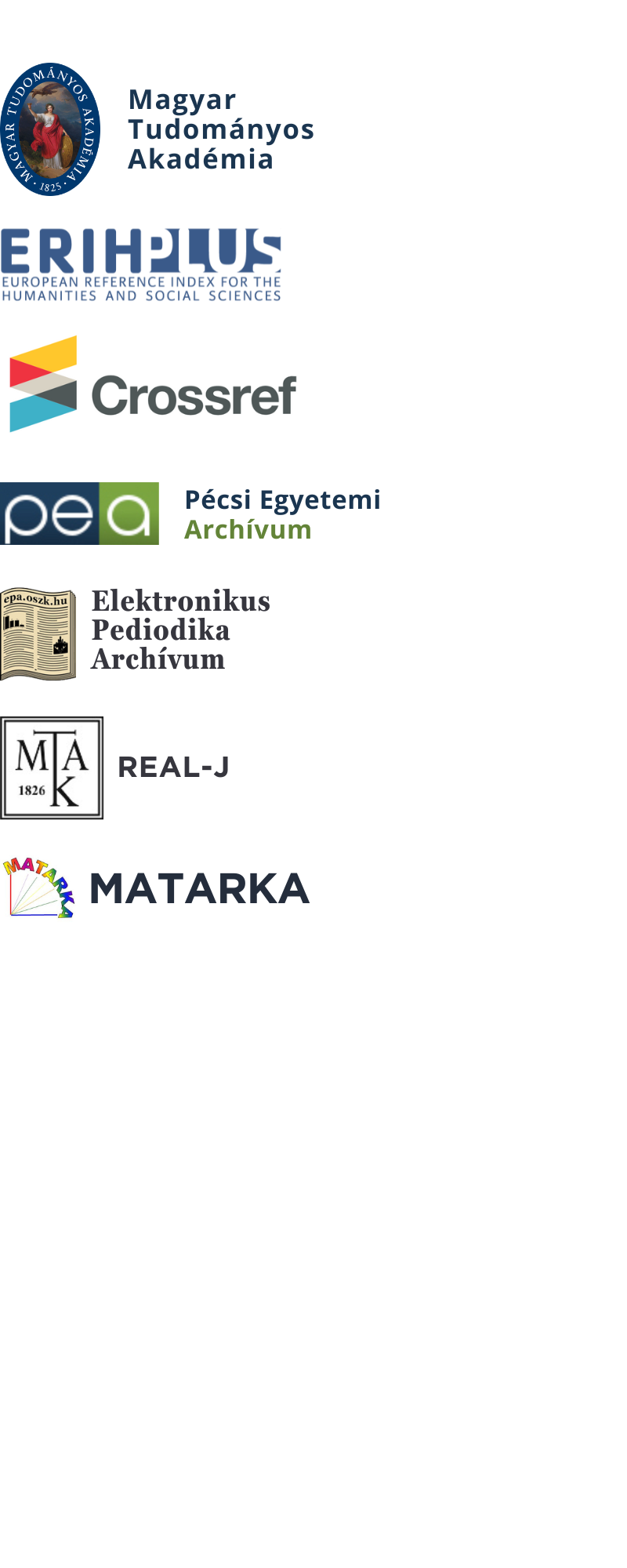Project Invitation, Religious and Spiritual Values Compatible with Cooperative Learning
DOI:
https://doi.org/10.15170/AR.2023.8.2.7Keywords:
NICLEE, cooperative learning, invitationAbstract
Cooperative learning is an educational methodology developed in the secular world. Its roots are in the fields of educational philosophy (Dewey 1916). Constructivism (Vygotsky 1934,2012) sociology (Cohen 1986) and psychology, e.g. Deutsch (1949), Sharan (1980), Slavin (1983), Johnson and Johnson (1989). Cooperative learning research has shown distinct advantages in its application in secular education including academic achievement, development of higher order thinking skillls, self-esteem and self-confidence as learners, intergroup relations including friendships across racial and ethnic boundaries, development
of interpersonal skills, and the ability to take the perspective of another person. After fifty-plus years of secular engagement with cooperative learning, some of us finally realized that the key concepts and values of CL have compatible values in spiritual
and religious traditions around the world. To explore this notion, we are assembling a small team of authors who each have enthusiasm for cooperative practices and personal knowledge of a particular religious or spiritual tradition. The goal is to write a series of articles on the spiritual/religious values consistent with CL (which might later comprise an edited volume).
Downloads
Downloads
Published
How to Cite
Issue
Section
License
Copyright (c) 2024 Ferenc Arató

This work is licensed under a Creative Commons Attribution-NonCommercial-NoDerivatives 4.0 International License.



